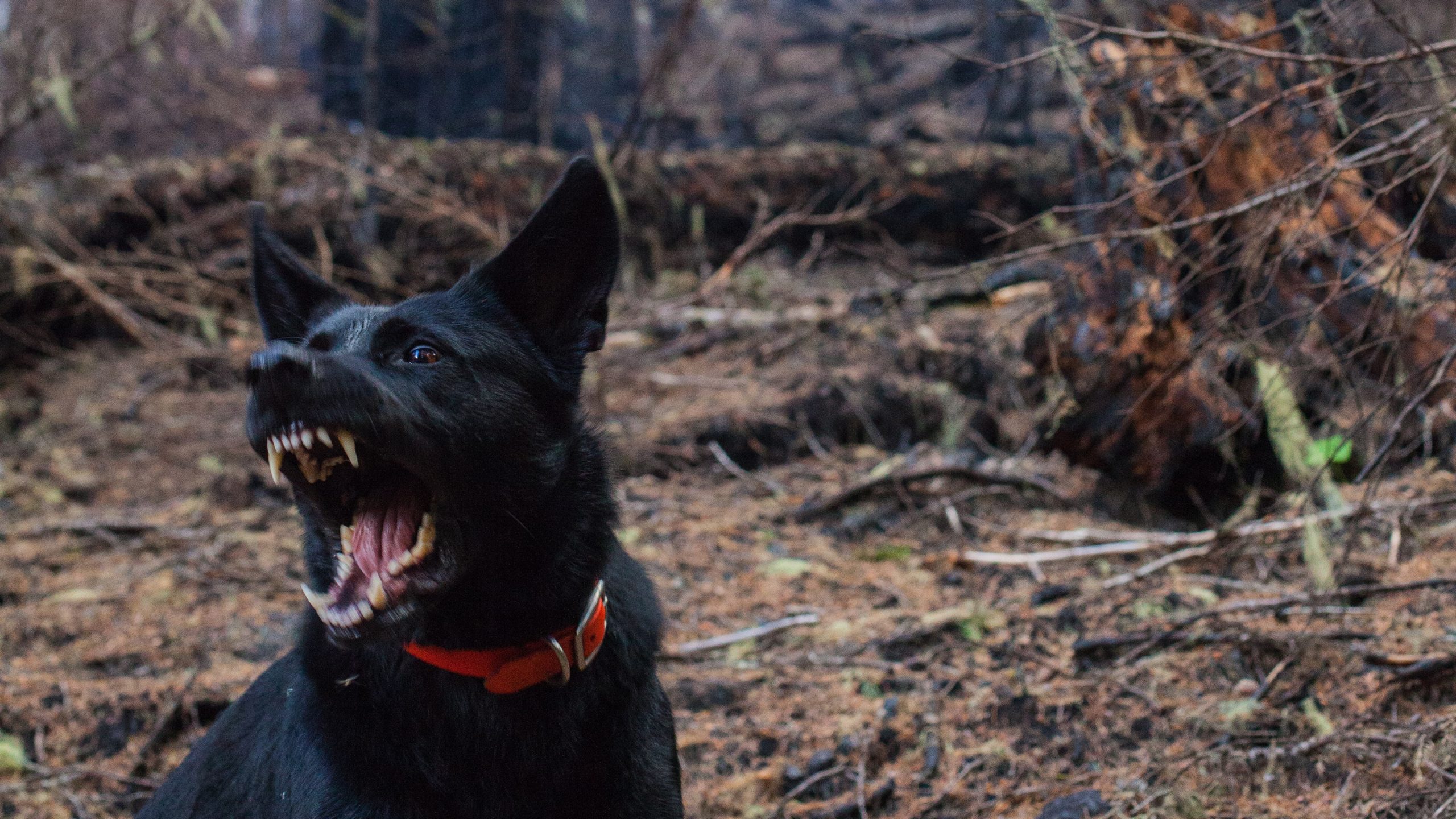What is Veterinary Clinical Ethology?
Veterinary Clinical Ethology is a developing multidisciplinary science which places the approach to understanding the problematic behaviour of animals (clinical ethology being the biological basis to the behaviour of animals that may be presented to a clinic) within a veterinary context.

The veterinary element is important, not because veterinary surgeons are well trained in behaviour science (many are not without further study of the subject), but because medical factors can play an important role in shaping the behaviour of animals and its emotional basis.
In recent years, it has been recognised increasingly that much problem behaviour arises as a result of an accumulation of many risk factors rather than a single causal factor. Only with the necessary specialist medical knowledge can the role of these factors be properly evaluated. For example, a dog may feel threatened by people approaching it because of a combination of gestures such as looming over the dog and rapid hand movements as they go to pat it, together with the anticipated pain it may experience from its dysplastic hips as it goes to move at this time. The hips may not only be specifically protected, (and so be a potential trigger of aggressive behaviour) but may also result in fluctuating irritability due to chronic intermittent pain, which modifies the risk of an episode.
While standard behavioural modification plans can have a substantial impact on such cases, optimal treatment will need to include pain management as well. It may be possible to teach a dog not to show aggression at this time, but training alone will not alleviate the pain. This is why it is so important for the veterinary profession to take a serious interest in this discipline, and work with others to improve the quality of care we can offer our patients.
As a relatively recent and multidisciplinary field, the subject can be confusing to those starting out, as different individuals promote different approaches and might use different terminology (or even the same terminology in different ways). However, as our knowledge grows so does our appreciation of the value of these different perspectives.

Veterinary Medicine & Therapy
What is Veterinary Behavioural Medicine? Alterations in behaviour can be a great
Clinical Ethology Education in Europe
Clinical Ethology Education in Europe Different European Countries offer opportunities for further